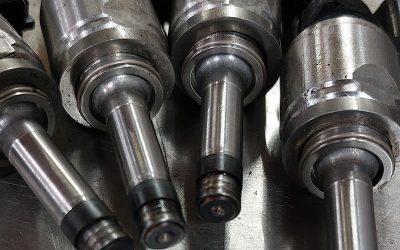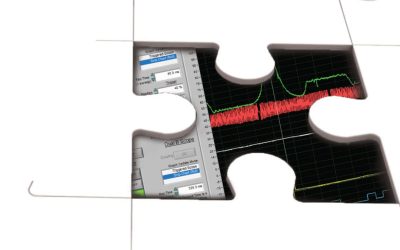By Tony Molla VP Communications
It’s that time of year again. Time to take a look at those ASE certifications you have hanging on the wall and check your expiration dates to see if you need to register for the Spring test session. You worked hard to achieve those ASE certifications, and part of the responsibility of holding these important professional credentials is to make sure you keep them current by recertifying every five years. Recertification has several advantages, not the least of which is that you only have to answer half as many questions. You can also save money, since the cost of taking as many recertification tests as you want is capped. So anything above three recerts are, in effect, free.
Remember why you decided to get your ASE certifications? Chances are it had a lot to do with the satisfaction of knowing you are one of the best technicians in the industry. ASE-certified technicians are proven professionals, with the self-confidence to demonstrate their knowledge both to themselves and the consumers they serve. It’s about pride and professionalism; about going that extra mile and caring enough about your chosen career to be the best that you can be. In short, it’s not just a patch—it’s a passion! But beyond that, what does ASE really provide for the industry? Quite a bit, actually.
This year marks the 35th Anniversary of the founding of ASE, one of the most recognized symbols of technical competence by consumers, and a mark of accomplishment proudly worn by more than 400,000 automotive professionals nationwide. But you may not realize just how far ASE goes in providing a benchmark of quality for technical training as well. Many of the top training providers within the automotive service industry have their programs ASE certified through the National Automotive Technicians Education Foundation (NATEF) CASE program. Those training providers certified under the Continuing Automotive Service Education program employ ASE-certified instructors and meet stringent guidelines for the training they offer. ASE certification is also recognized as a basic qualification for the instructors working in certified high school and college automotive programs that are preparing entry-level technicians across the nation. These training providers clearly see the value that ASE brings to the industry and the credibility ASE professional credentials provide—both to themselves and the technicians they train. So automotive professionals can also look to ASE certification for a mark of quality when selecting technical training, just a consumers do when selecting a repair facility.
There are other advantages that can directly affect your bottom line. Many shop owners and managers spotlight their employees’ training diplomas and ASE certifications in their promotions and advertising to consumers. This is particularly true of some of the national repair chains, and you’ll see it in their TV ads. Consumers are continuously hearing that one of the best ways to identify a good repair shop is to look for ASE-certified technicians. Leveraging that consumer trust and confidence by promoting the fact that your shop employs ASE certified technicians in local advertising, from a simple Yellow Pages ad to regional radio and TV commercials, has become the foundation for many successful promotional campaigns by independent shops.
But in spite of this, many in the industry also feel that the general public just doesn’t appreciate the level of knowledge and training required to be a competent technician these days. To a large degree, that’s very true, but it probably has more to do with the general lack of understanding of modern vehicle technology by that same public. The average consumer feels intimidated every time they take their vehicle in for service simply because of the complexity of the modern automobile. People tend to fear what they don’t understand, and that more than anything else leads to the feelings of distrust we work hard to overcome at the service desk every day. The answer, of course, is to communicate clearly with customers. Let them know about the value you provide as a certified professional and take the time to explain, in simple terms, exactly what they are paying for and why. In fact, it’s a good idea to be talking to your customers on a regular basis anyway. To help open that dialog, ASE has established a weeklong celebration of excellence for those hardworking automotive professionals who do so much to keep America rolling. We call it Automotive Service Professionals Week and this year it runs from June 11-17.
Building on the success of Automotive Service Professionals Day begun in 2001, ASE established National Automotive Service Professional’s Week in 2005 to honor the commitment and dedication of automotive, truck and collision technicians, along with parts specialists and other support professionals who serve the motoring public. This year, ASE continues this recognition for a full week and has it listed in the 2007 Chase’s Calendar of Events.
It’s not only a recognition of the outstanding job being done every day by automotive professionals, it’s also a great way to allow shops to reach out to their customers and community to acknowledge the value and professionalism the automotive service industry provides to the motoring public each and every day. â–
Identity Verification for Mercedes-Benz XENTRY Diagnosis, Programming and Theft Relevant Parts
There have been big changes in the processes; here’s what you need to know! ...we will discuss the TRP policy and procedures, followed by what is likely somewhat new to you, the account verification system. As the title suggests, there are two separate processes for...




0 Comments